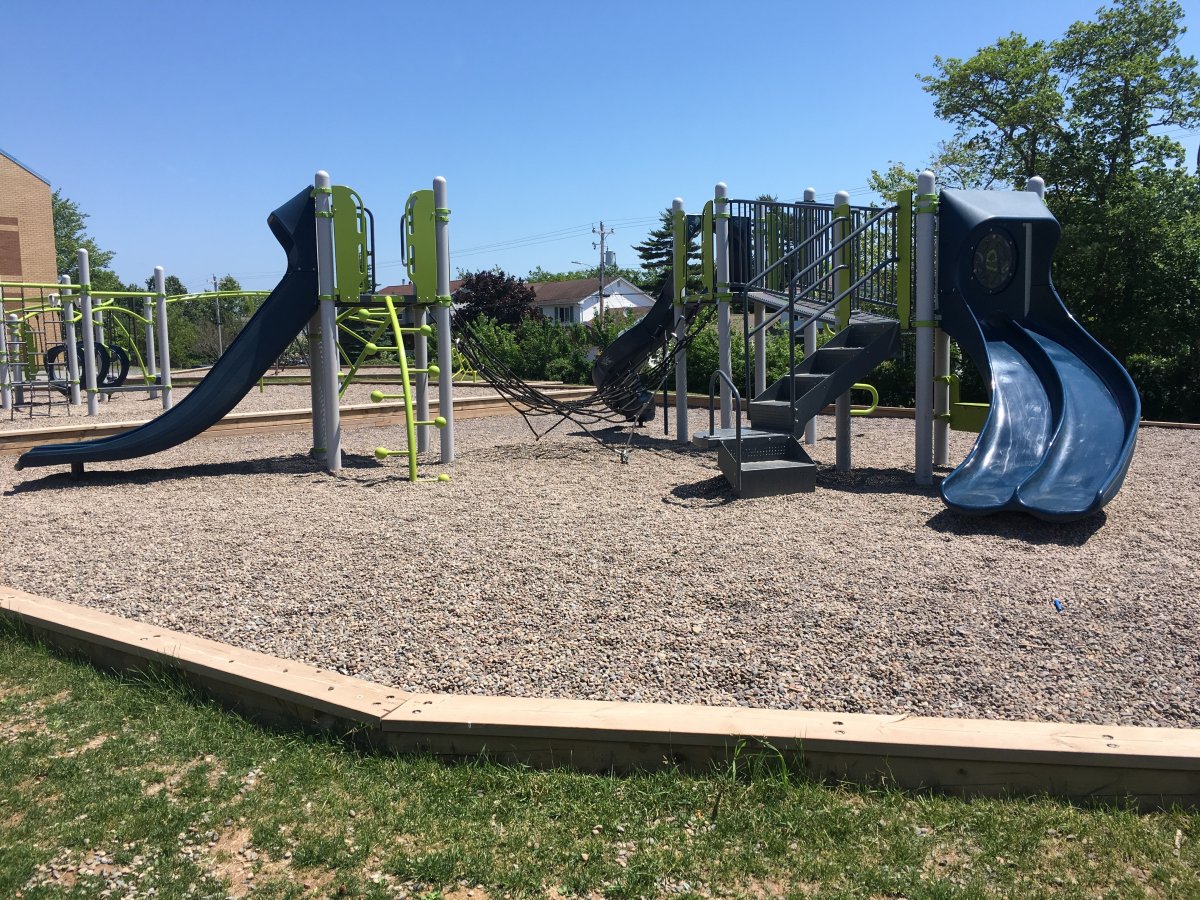The University of Lethbridge was part of a recent study which suggests a staggering two-thirds of Canadian children don’t meet the level of physical literacy recommended in the country.

The countrywide study defined physical literacy as, “more than just fitness or motor skills.” It says physical literacy includes the motivation, confidence, physical competence, knowledge and understanding to value and take responsibility for engagement in physical activities for life.”
The research project led by the Healthy Active Living and Obesity Research Group (HALO) at the CHEO Research Institute, gathered data from 10,000 children, aged eight to 12, from 11 cities across the country, participating in the study from 2014 to 2017.
The children were monitored on a variety of areas including step counts and questions about their daily activity. The results of the nationwide study are the first of their kind, providing a comprehensive assessment of physical literacy amongst children.
Researchers say the results show that more needs to be done to ensure Canadian children are physically literate.

Get daily National news
“We hear about increasing obesity rates in kids, falling rates of physical activity and more time spent in front of screens,” senior scientist at the CHEO Research Institute, director of HALO and professor of pediatrics at the faculty of medicine at the University of Ottawa, Dr. Mark Tremblay, said.
“Physical literacy looks at different domains in children to give a better overall picture of children’s healthy active living and future health. Physically literate children are more active and healthy children, which sets them up for life.”
In Lethbridge, Dr. Jennifer Copeland led her team to collect data from more than 1,300 local children, aged eight to 12.
“We know how vitally important physical activity is to health and wellness, across the lifespan,” Copeland said in the release. “It is important that we understand how to ensure children develop sufficient physical literacy so that they can maintain and enjoy an active lifestyle as they grow up.”
“Boys and girls across Canada have aerobic fitness levels at the 30th percentile of global norms,” Tremblay said in the release. “Only 20 per cent are meeting physical activity guidelines.”
More information on the study can be found online.






Comments